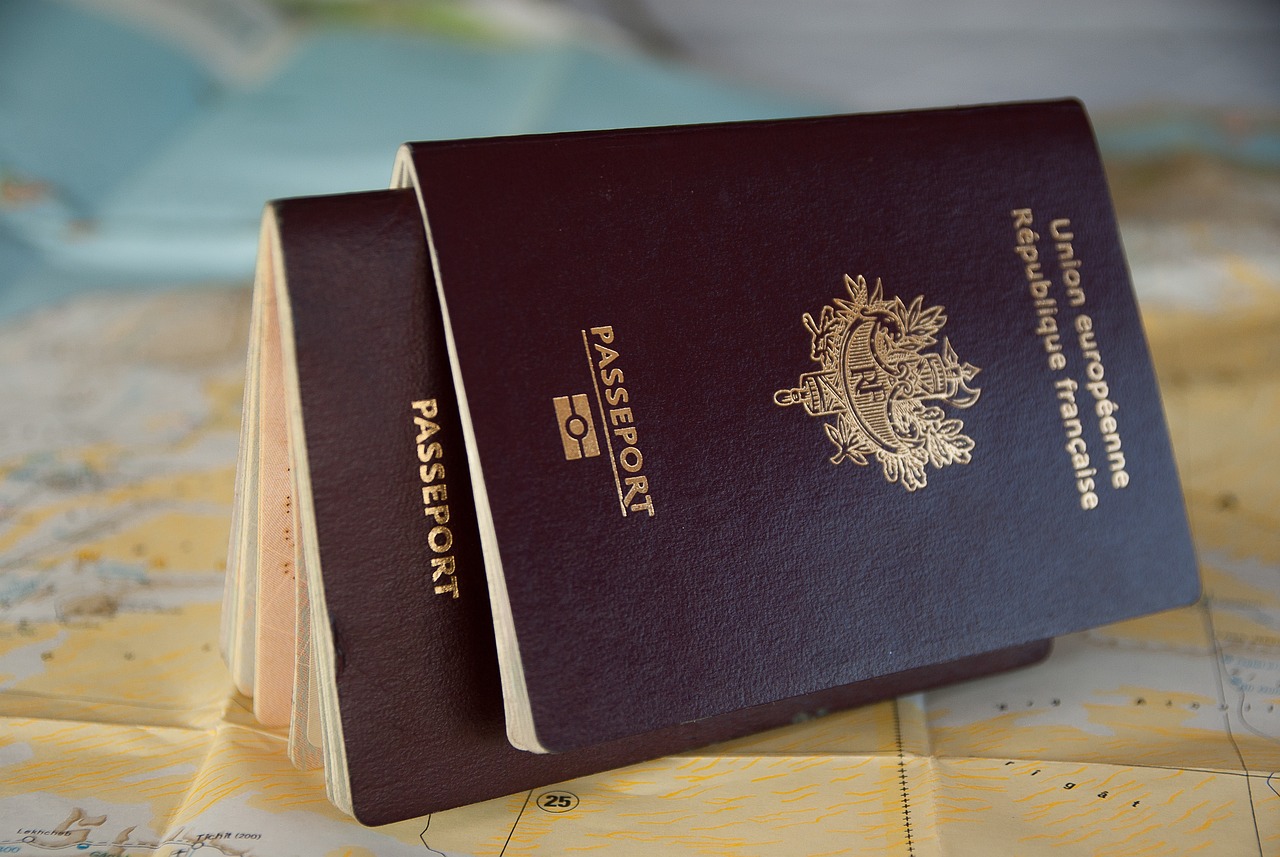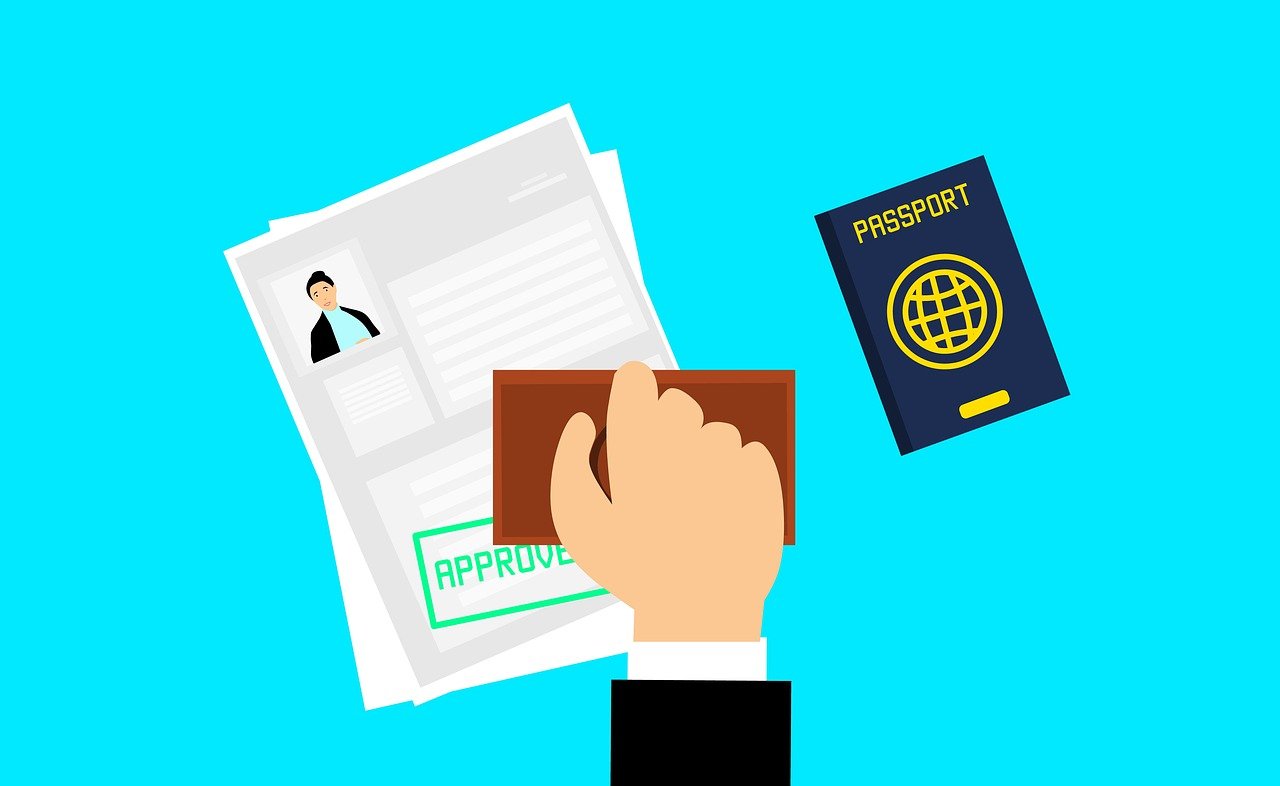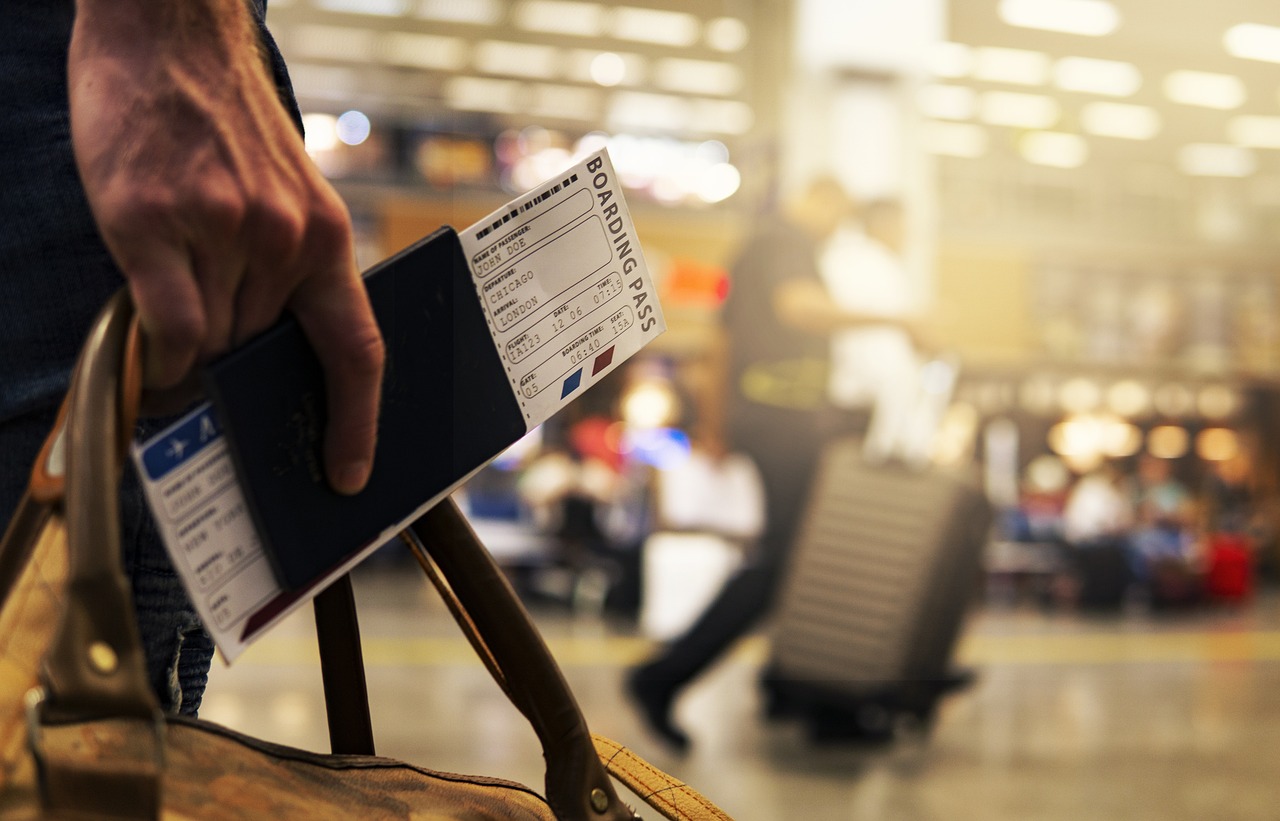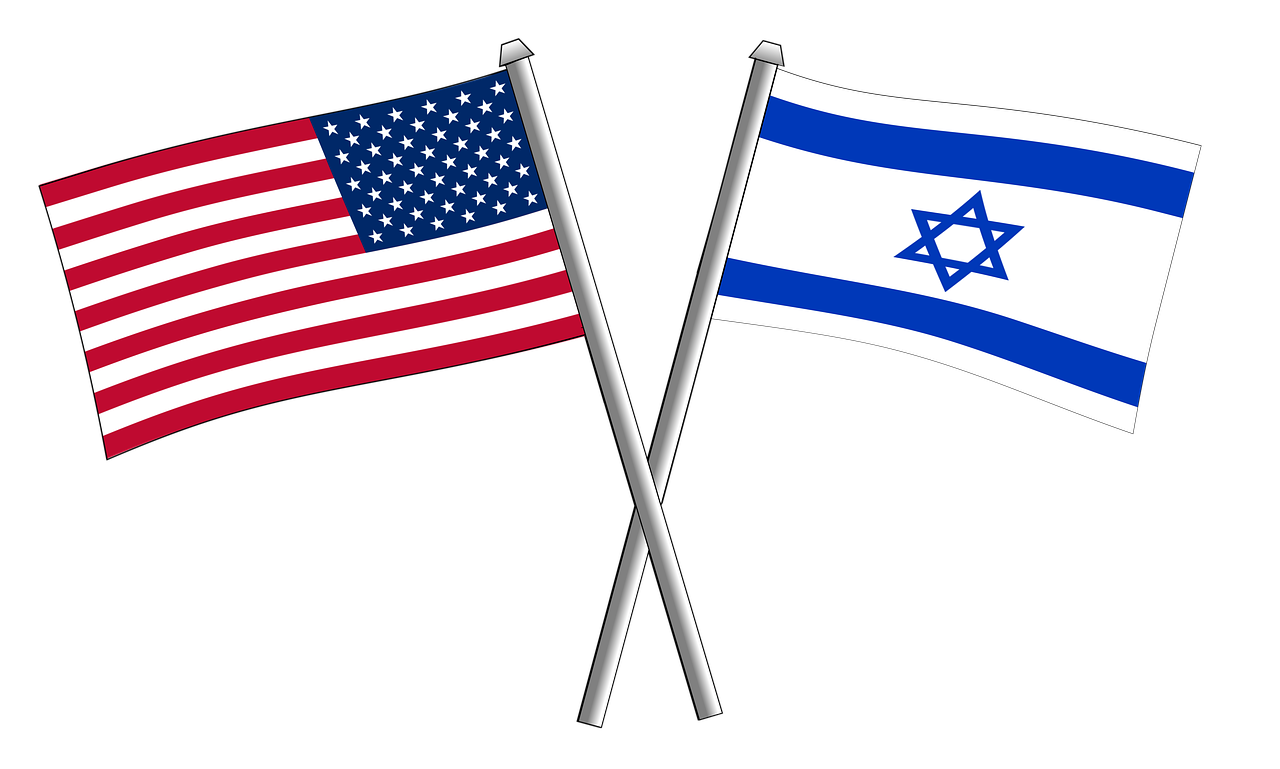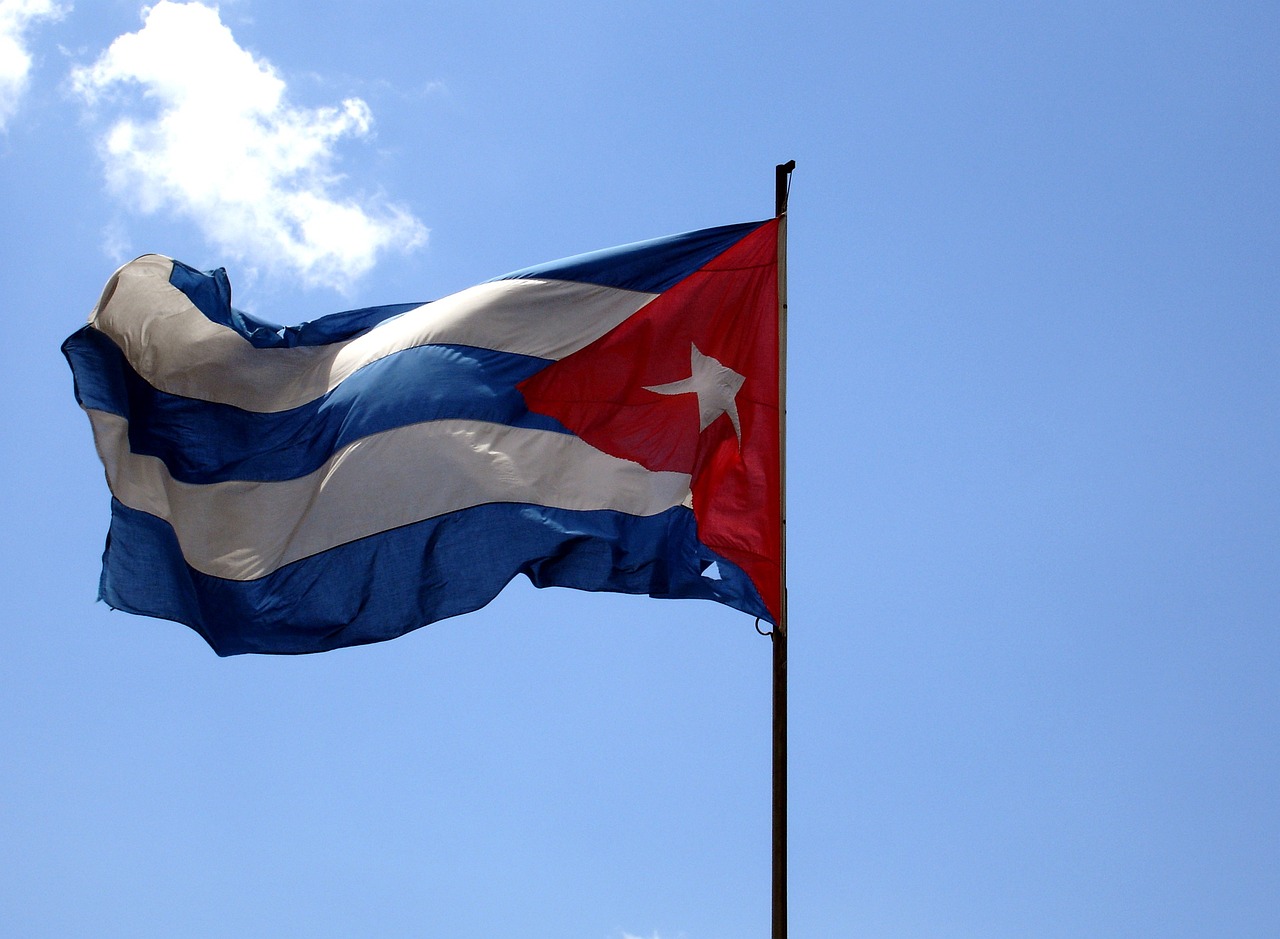On May 13, 2024, the State Department announced record breaking milestones including the issuance of a whopping 5.2 million nonimmigrant visas at U.S. Embassies and Consulates worldwide in the first half of fiscal year 2024 – more than any previous year over the same period.
In the past six months alone, 30 percent of U.S. Embassies and Consulates worldwide set all-time records for nonimmigrant visas issued.
In particular, travel and tourism has been a focal point for the State Department considering that international visitors contribute as much as $239 billion annually to the U.S. economy and support approximately 9.5 million jobs.
Some of the key highlights from the State Department’s announcement are as follows:
In the first half of fiscal year 2024:
- Almost 4.1 million B visitor visas and border crossing cards were issued for tourists and temporary business travelers worldwide, with nearly two-thirds from Mexico, India, Brazil, the People’s Republic of China, Colombia, Argentina, the Dominican Republic and Ecuador.
By the middle of fiscal year 2024, the State Department issued:
- Approximately 134,000 visas for exchange visitor program participants and 115,000 visas for students. International students contributed almost $38 billion to the U.S. economy in the year 2022 and made up more than 335,000 jobs
- A record breaking 205,000 visas were issued for temporary or seasonal workers in agriculture and other sectors
- Almost 160,000 nonimmigrant visas were issued to airline and shipping crew members to support global transportation and supply chains—the second-highest half-year issuance record in this category in history
- Almost 25,000 employment-based immigrant visas—75 percent more than same period in fiscal year 2019
 Visa Lawyer Blog
Visa Lawyer Blog



